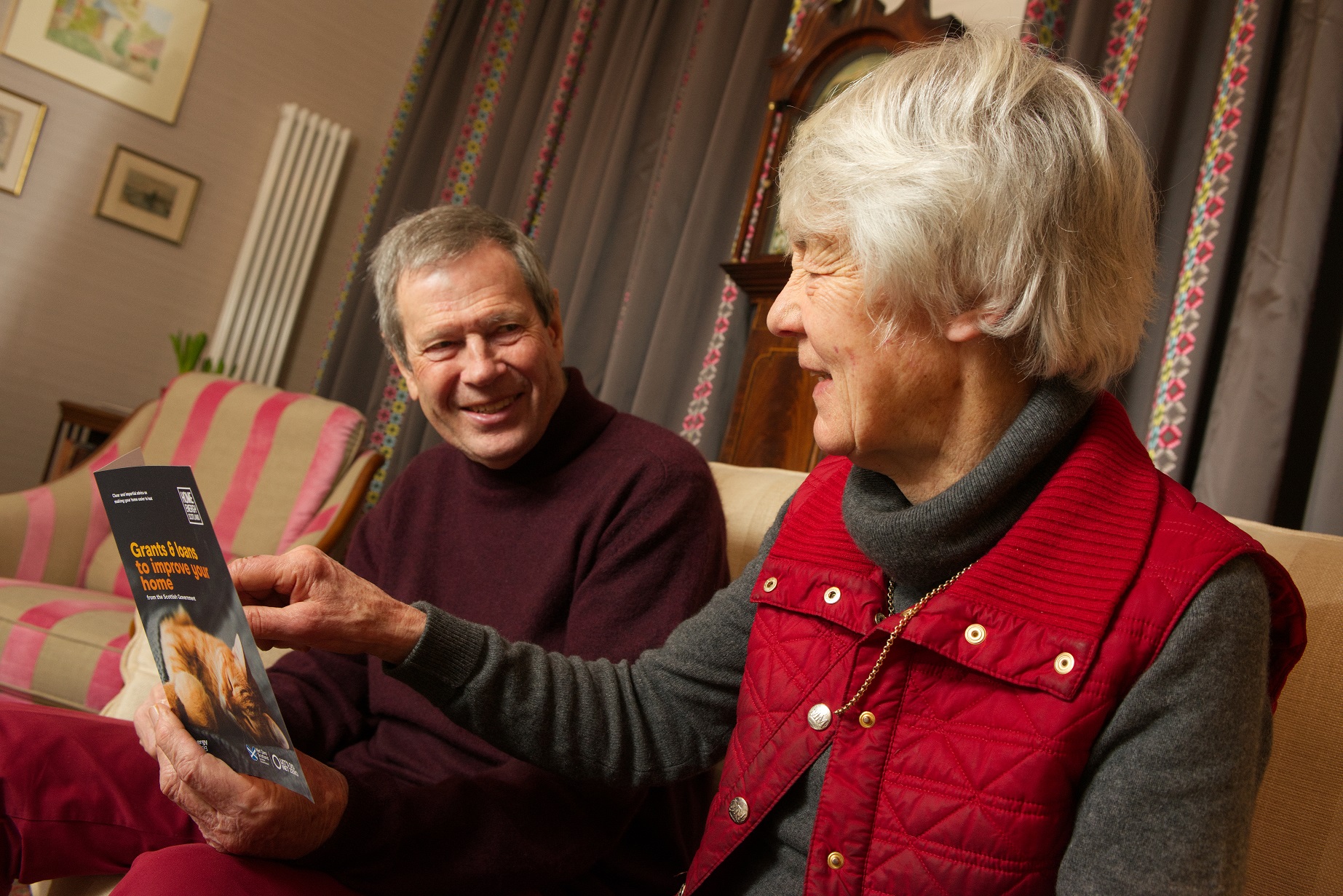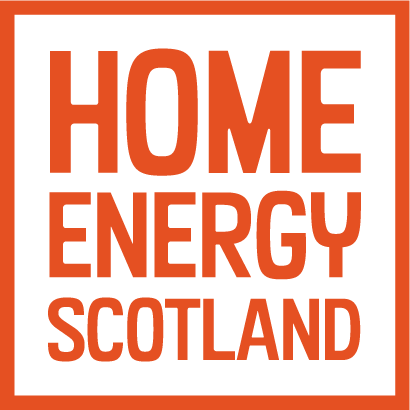The closure of radio teleswitching explained
The close of radio teleswitching explained
If you have an electricity teleswitch meter - or if you want to know what they are - read on to find out what the service closure means.

The Radio Teleswitching Service (RTS) is closing in March 2025. If you have this type of heating, we have answers to all of your questions.
Frequently asked questions (FAQs) about the closure of the Radio Teleswitching Service (RTS)
It’s estimated there are over 250,000 electricity teleswitch meters across Scotland. There are lots of different types, but some of the most common include ComfortPlus White Meter, ComfortPlus Control and Total Heat, and Total Control.
If you have this type of electricity meter your heating and hot water is likely controlled by a radio signal which tells your storage heaters when to charge and when your hot water heater should switch on. The system that controls the teleswitch signals is due to close on Monday 31 March 2025 and your electricity supplier may have already been in touch asking you to change your meter.
Energy UK, the trade association that represents many energy suppliers, has answered some frequently asked questions (FAQs) about the closure:
The Radio Teleswitching Service (RTS) enables electricity suppliers to switch large numbers of electricity meters between different tariff rates, and helps deliver specific electricity tariffs designed for customers who use electricity for their heating and / or hot water.
Examples of this type of electricity tariff are Economy 7, Economy 10, Total Heat Total Control, Comfortplus/White Meter, Heatwise, Warmwise, Budget Warmth and others; depending on where you live and who your electricity supplier is.
For many consumers who use electricity as their primary heating and/or hot water heating source (for example, if they use electric storage or panel heaters or immersion heaters in hot water tanks), the RTS controls when relevant heaters charge up. This is typically overnight during off-peak (and often cheaper) usage periods.
Most consumers that make use of cheaper off-peak tariffs are likely to have RTS equipment in their homes but, if you’re unsure if you have RTS equipment in your home, contact your electricity supplier who can confirm for you.
RTS works by transmitting messages to the equipment in homes using longwave radio. It uses the same radio frequency that the BBC uses for delivering radio programmes such as Radio 4, the Shipping Forecast and Test Match Special.
No. RTS was introduced in the late 1980s, and whilst long wave radio has remained reliable over the years, the infrastructure that supports it is now reaching the end of its natural operational life. The BBC has recently announced plans to move all of content unique to long wave onto other platforms such as Radio 4 FM/DAB, or on to other BBC radio stations such as Radio 5 Live Extra. Long wave radio broadcasting and RTS is coming to an end.
Upgrading to a smart meter is the natural technology upgrade for RTS. Smart electricity meters have been designed to include the necessary capability to replace RTS equipment. Your electricity supplier’s smart meter installation engineer will ensure that your heating/hot water continues to operate as it does now.
The national smart meter infrastructure now in place for Great Britain is the natural (and only) technology upgrade for RTS. Smart electricity meters can be directly programmed to deliver similar capability that the old RTS equipment provided. Many electricity suppliers also offer a wider range of 'Time of Use' products and tariffs that make use of smart electricity meter capability. It is expected that more innovative and flexible Time of Use tariffs will eventually replace the vast majority of the older legacy electricity tariffs that were available in the past.
Once a decision is made to end long wave radio transmission, all other services broadcast on long wave, including RTS, will also end. The contract currently in place with the BBC for the provision of RTS ends on Monday 31 March 2025.
Electricity Suppliers, Ofgem (the energy regulator), and consumer groups such as Citizens Advice, National Energy Action, Energy Saving Trust and others are now urging consumers with RTS metering equipment to contact your electricity supplier to arrange for a smart electricity meter upgrade as soon as possible to reduce the risk of disruption to your heating or hot water provision. If you leave it too late, there's a risk that your supplier won’t be able to offer a smart meter upgrade appointment before the RTS ends.
Unfortunately not. There are some situations where your electricity supplier cannot offer you an appointment for a smart meter upgrade just yet. If that’s the case, then your supplier will contact you once they’re ready to carry out the upgrade.
The smart meter communications infrastructure provides coverage to more than 99% of premises across the UK. However, there are a small number of locations in the UK that can’t yet be connected. If you rely on RTS and your home is in one of these locations, you might not be eligible for a smart meter upgrade just yet. Your electricity supplier will confirm whether or not your home/business can be connected, and if not, when it is likely to be.
Yes, you can refuse the offer of a smart meter upgrade from your electricity supplier. However, no other technology upgrade or replacement for RTS other than smart electricity meters will be available once RTS ends. We'd encourage you to contact your electricity supplier to arrange for your RTS metering equipment to be upgraded to a new smart electricity meter at the earliest opportunity to reduce the risk of disruption to your heating or hot water provision.
If you rely on RTS for heating or hot water and you’re still not prepared to accept a smart electricity meter upgrade as the replacement for RTS equipment, then it's likely that heating and hot water provision in your property will be affected. This is due to the way RTS controls and switches electricity flow to charge storage/panel and immersion heaters during off-peak periods.
It could be that without receiving RTS messages, your heating could be left continuously on or off. If this happens, your supplier may have to charge all of your electricity use at a single rate because they'll be unable to establish the split of electricity used between peak and off-peak times. This could mean increased electricity bills.
In addition, if you refuse a smart electricity meter upgrade as the replacement for RTS, then you will most likely need an electrical contractor to make internal wiring changes to your home which could include fitting a new heating controller to ensure your heating and hot water still functions properly. The cost of making these changes will be your responsibility, in addition to increased bills.
Latest news and case studies
We have articles, blogs and case studies covering topics ranging from home energy tips to low carbon travel, and business advice to installing renewables.

Where to turn for financial support during difficult times

Support for People in Rural Homes



